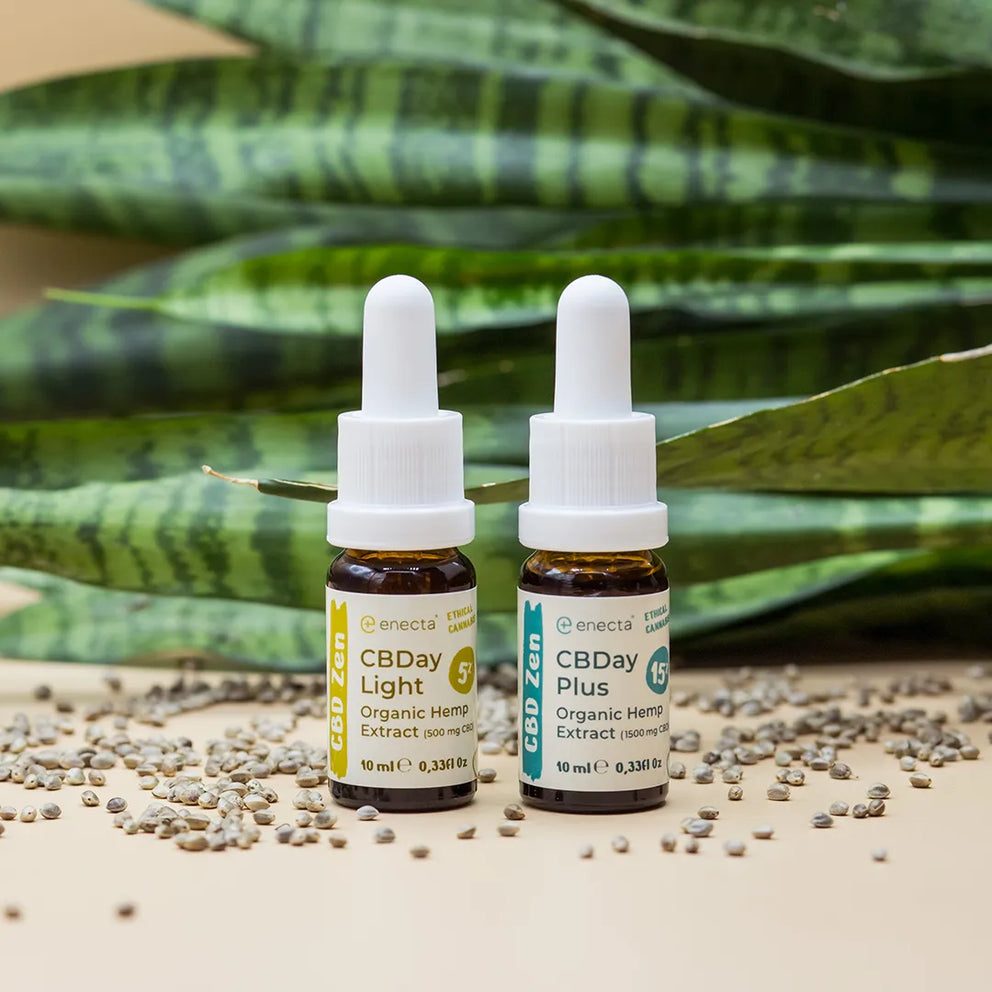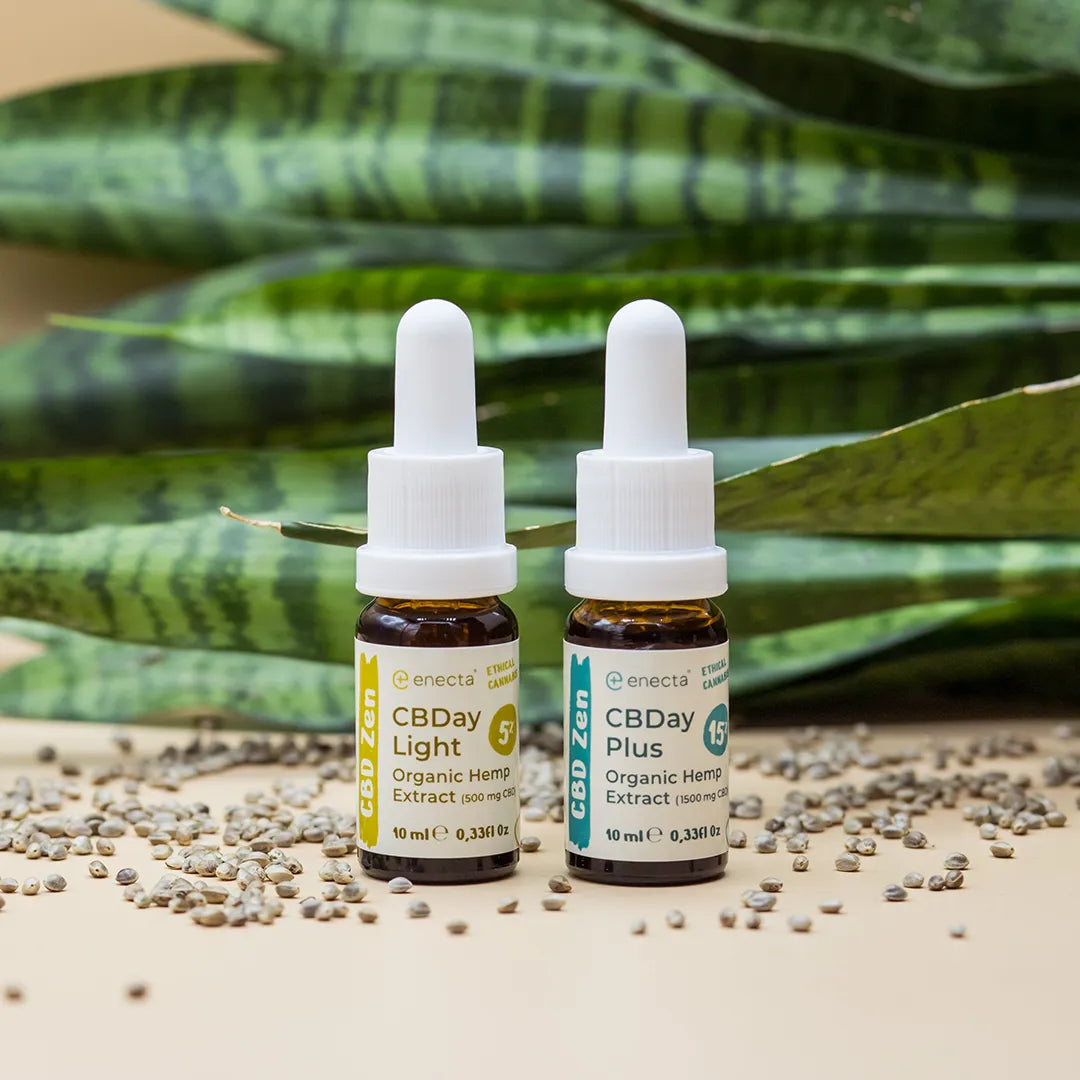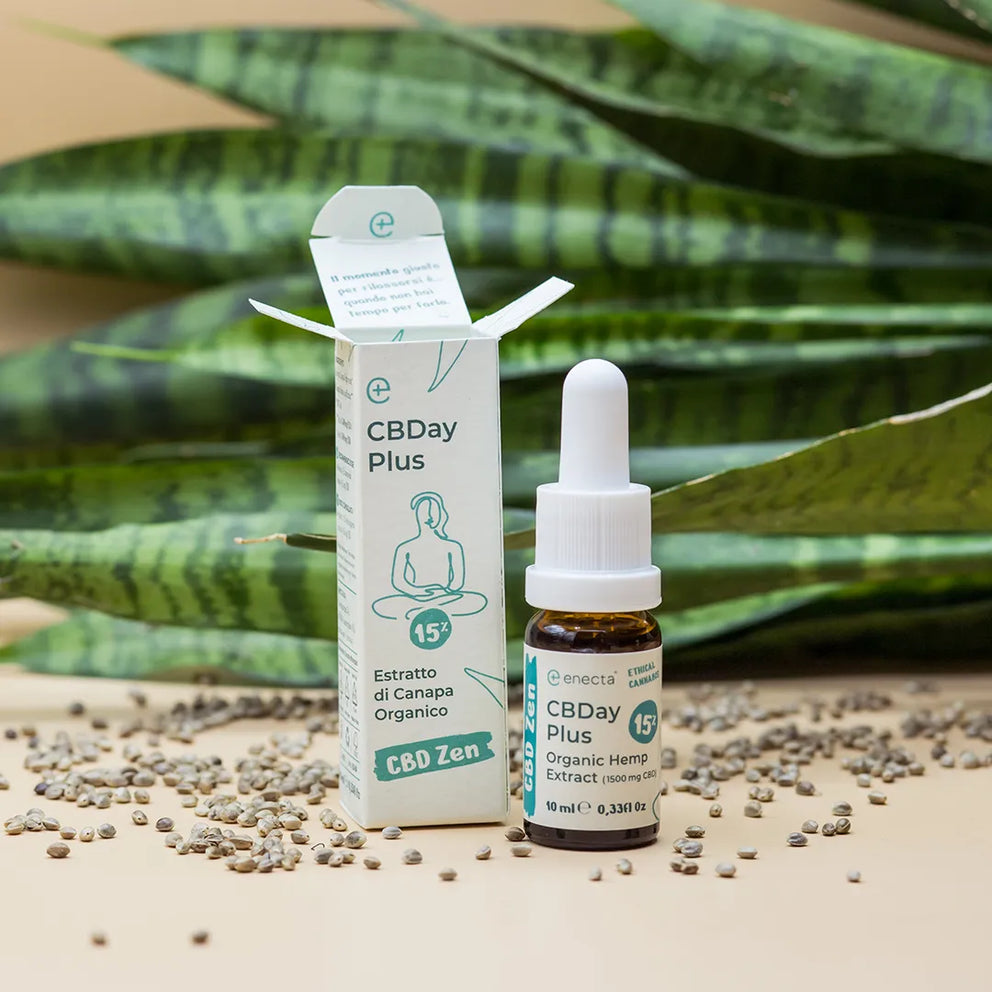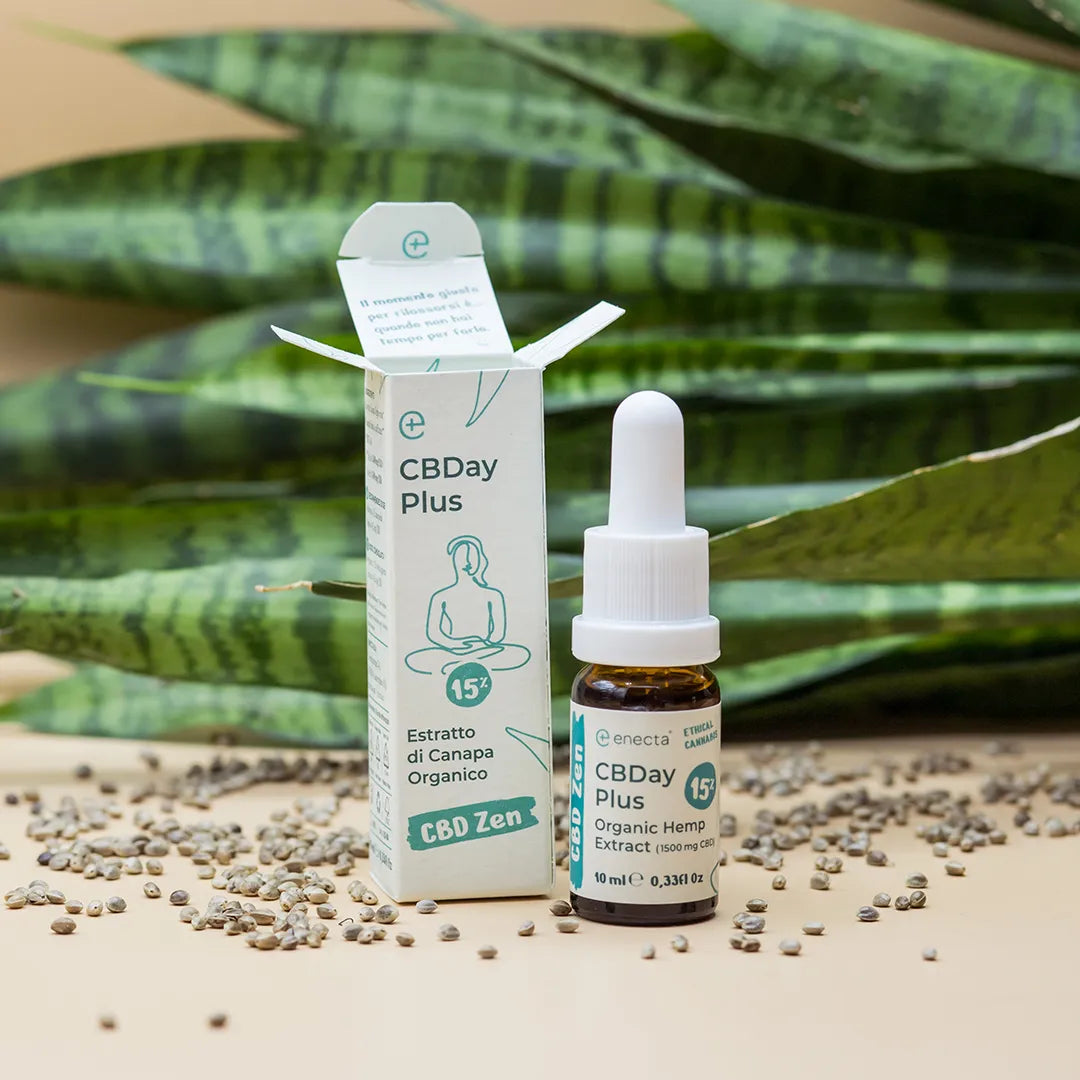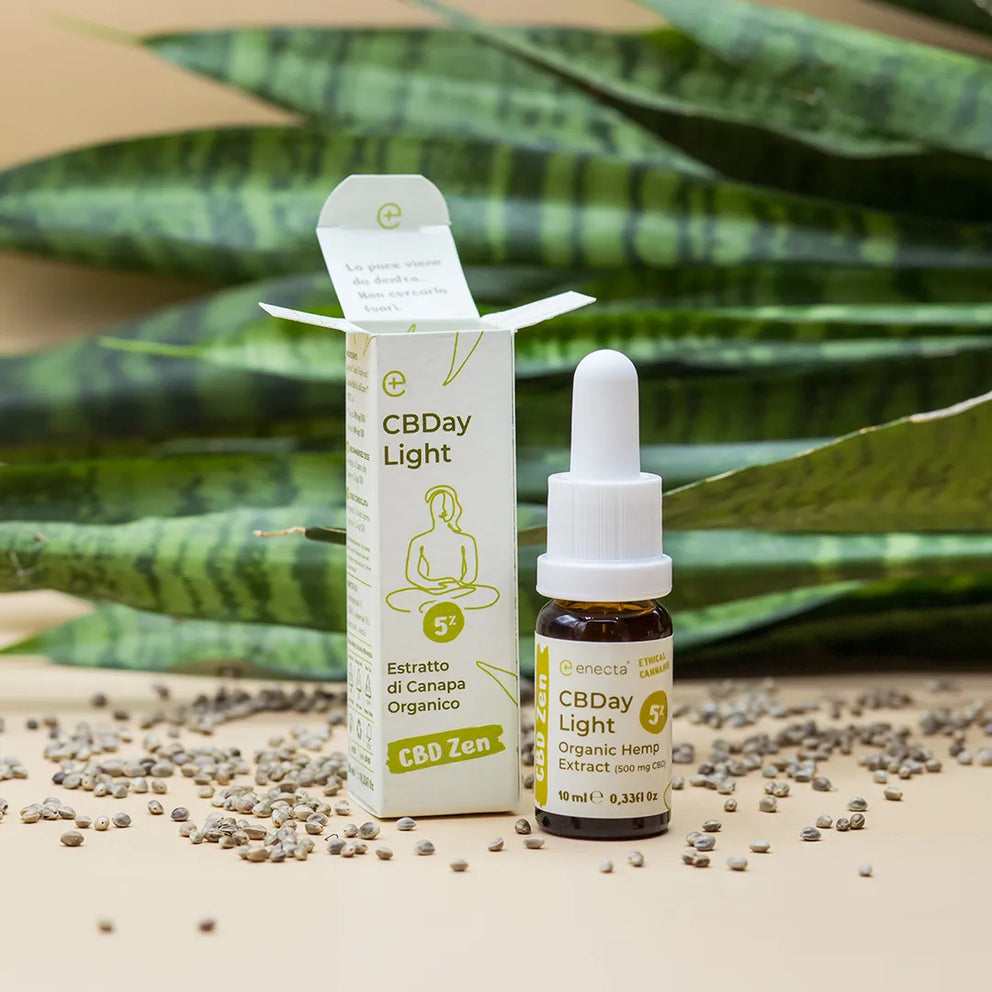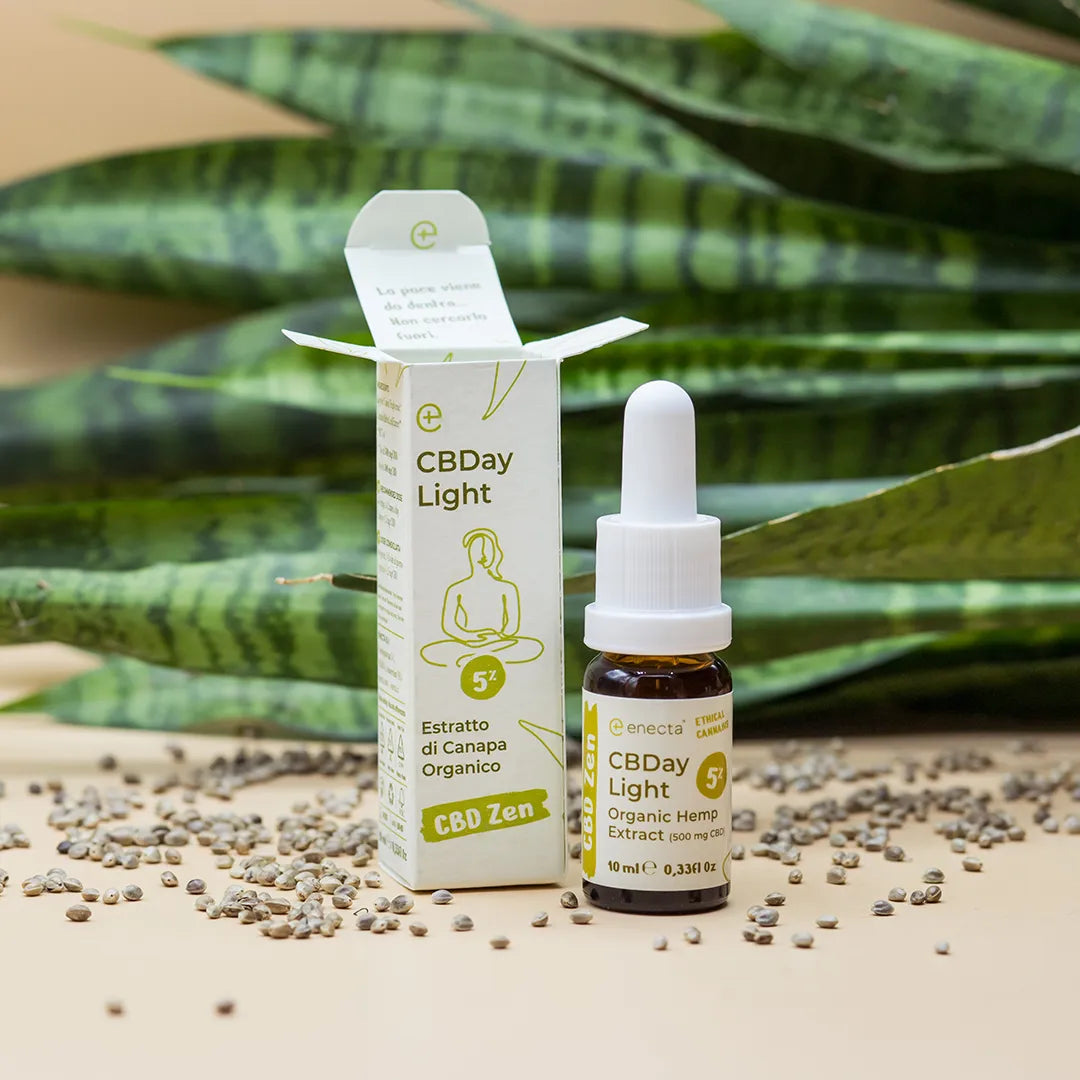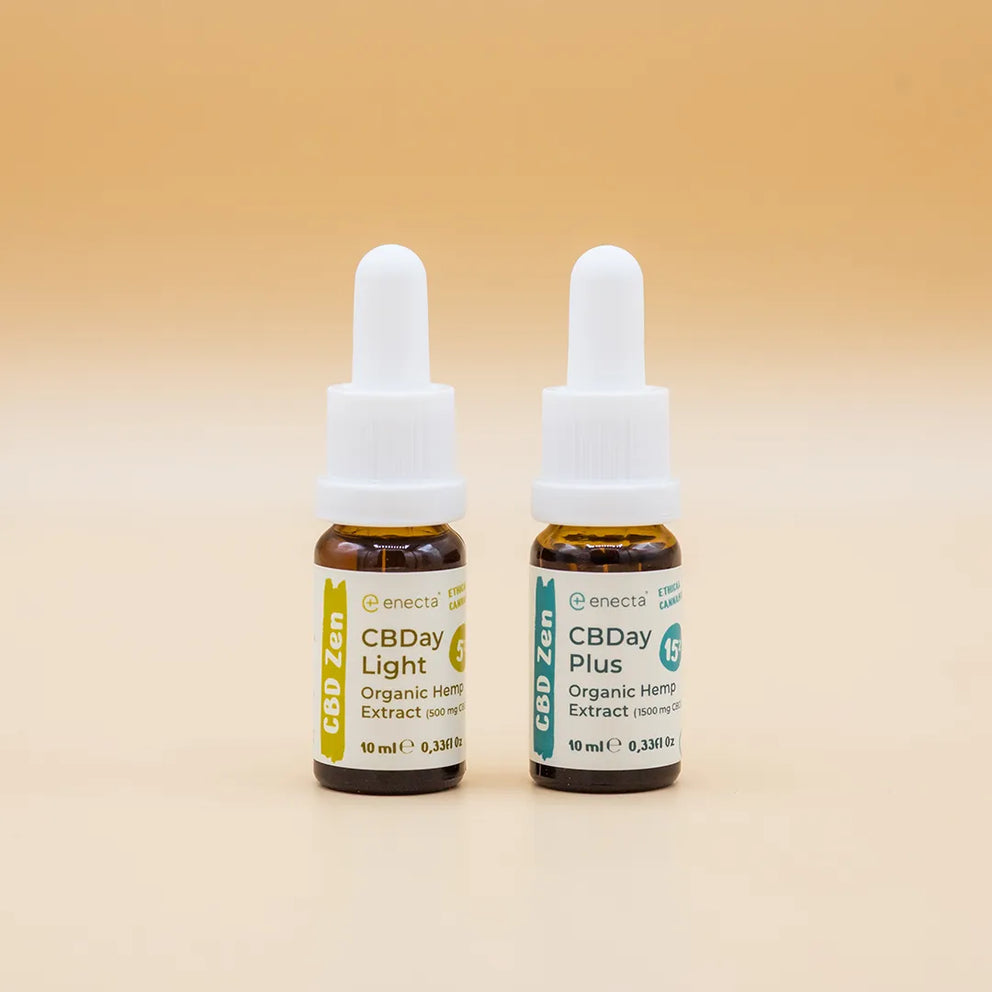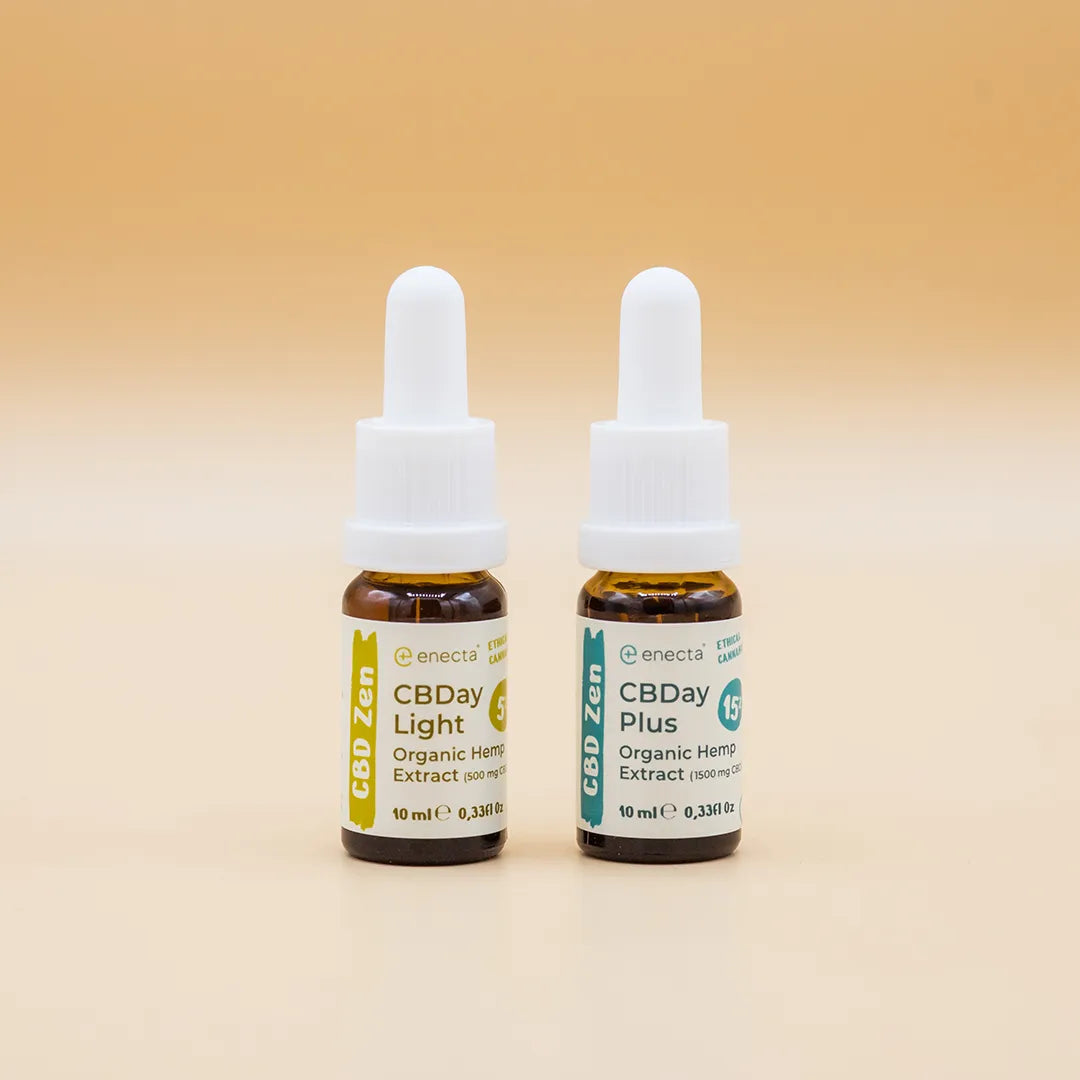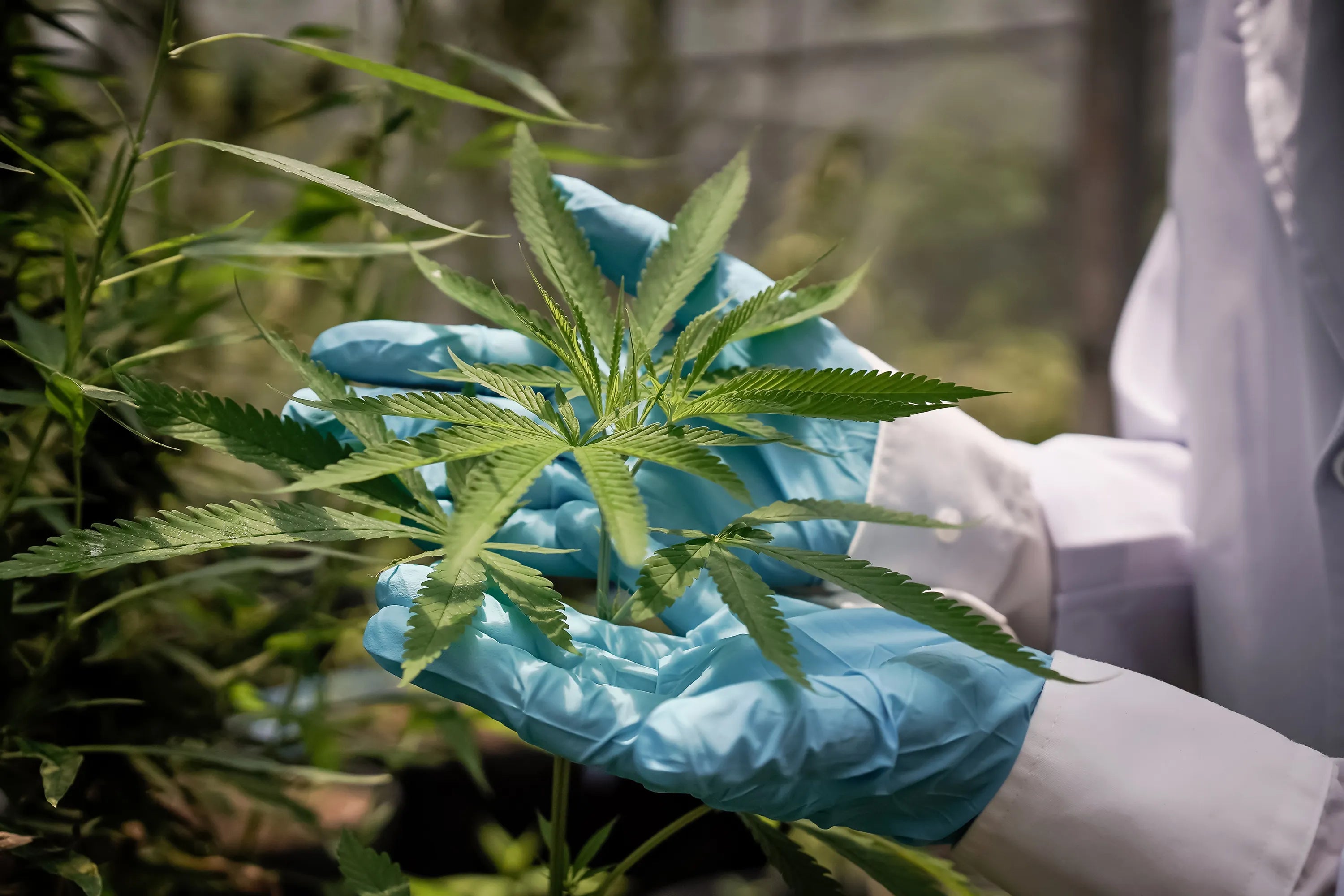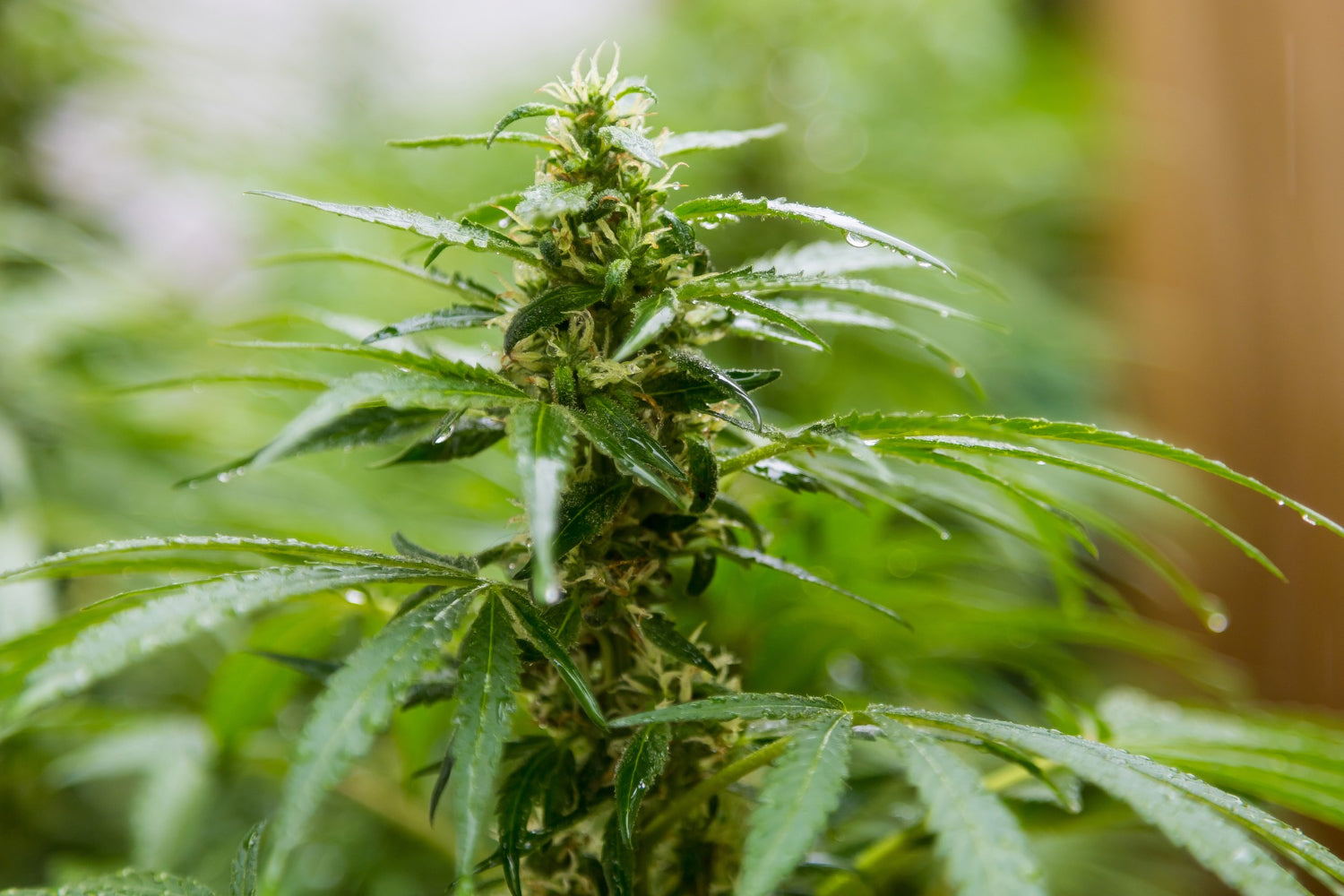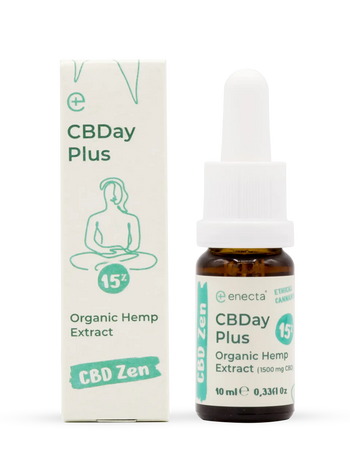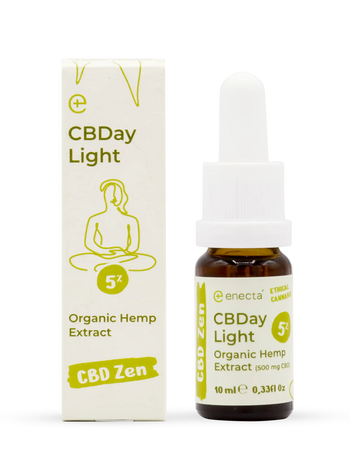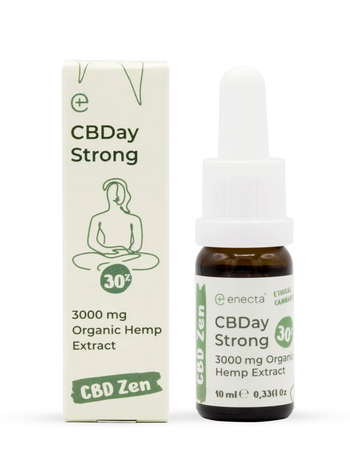How is CBD Full Spectrum Oil Made?
The production of CBD full spectrum oil involves a series of carefully controlled processes, from plant cultivation to final product formulation. Each step is crucial in preserving the diverse array of cannabinoids, terpenes, and other beneficial compounds found in hemp.
Hemp Cultivation
The journey begins with the cultivation of high-CBD hemp strains. Optimal growing conditions, including soil quality, climate, and harvesting time, significantly influence the plant's cannabinoid and terpene profiles [Calzolari].
Extraction Methods
- CO2 Extraction: Utilizes pressurized carbon dioxide to pull desired compounds from plant material
- Ethanol Extraction: Employs food-grade ethanol as a solvent to strip cannabinoids and terpenes
- Lipid Extraction: Uses oils to extract cannabinoids, preserving temperature-sensitive compounds
CO2 extraction is often preferred for its ability to preserve a wide range of plant compounds without introducing harmful residues.
Winterization and Filtration
Post-extraction, the raw extract undergoes winterization to remove unwanted plant waxes and lipids. This process involves cooling the extract in a subzero environment, followed by filtration to yield a purer product.
Decarboxylation
Heat is applied to convert cannabinoid acids (like CBDA) into their active forms (CBD), enhancing the oil's potency and bioavailability.
Formulation and Testing
The refined extract is then combined with a carrier oil and potentially other ingredients to create the final product. Rigorous testing ensures the correct cannabinoid profile and absence of contaminants.
Some manufacturers, like Enecta, employ proprietary techniques to optimize their extraction and formulation processes, aiming to preserve the full spectrum of hemp's beneficial compounds while ensuring product consistency and quality.
